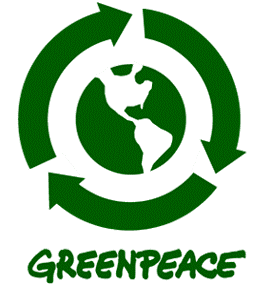Valery Giscard d'Estaing Boulevard
Building GANAMET
Sustainable palm oil for 2020: Greenpeace want more
Promoting sustainable palm oil is certainly a very good idea for the leaders of palm oil producers around the world but they need to do more to respect the deadline of 2020.
The list of companies committing to cleaning up their supply chains and committing to no deforestation is impressive. Among these are L’Oreal, Ferrero, Mondelez, Unilever, Delhaize, Kellogg’s and palm oil trader Wilmar International.
But what is less impressive is the timeline companies are setting to take action. Only two in that list of companies, Ferrero and Wilmar International, have ambitious timelines to guarantee customers that their products are free from destruction. The rest rely on a 2020 timeline.
If business continues as usual, a predicted 3.72 million hectares of forest could disappear in Indonesia by 2020. The Sumatran tiger will be pushed to the brink of extinction and countless tons of carbon will have been unlocked and released into the atmosphere. In Indonesia, forests are disappearing at a rate of nine swimming pools a minute, 150 an hour, and 620,000 hectares a year. This is a scandal that customers around the world do not want to be made a part of through the products they consume every day.
Greenpeace welcomes companies that commit to no deforestation. But what Greenpeace and the nearly 200,000 people behind us demanding forest-friendly products don’t welcome is delayed action. Consumers do not want to wait six more years for companies to take action.
This is the reason why Greenpeace is actively engaging companies, analysing their sourcing policies and investigating their supply chains. Just recently Greenpeace revealed the findings of a year long investigation into Procter & Gamble’s supply chains, which found multiple cases of forest destruction and clearance of orangutan habitat. If a company, such as P&G, commits to a no deforestation policy it will create ripple effects across their supply chain and if implemented, finally create the change on the ground Indonesia’s forests need.
Read more on Betterpalmoildebate.org



